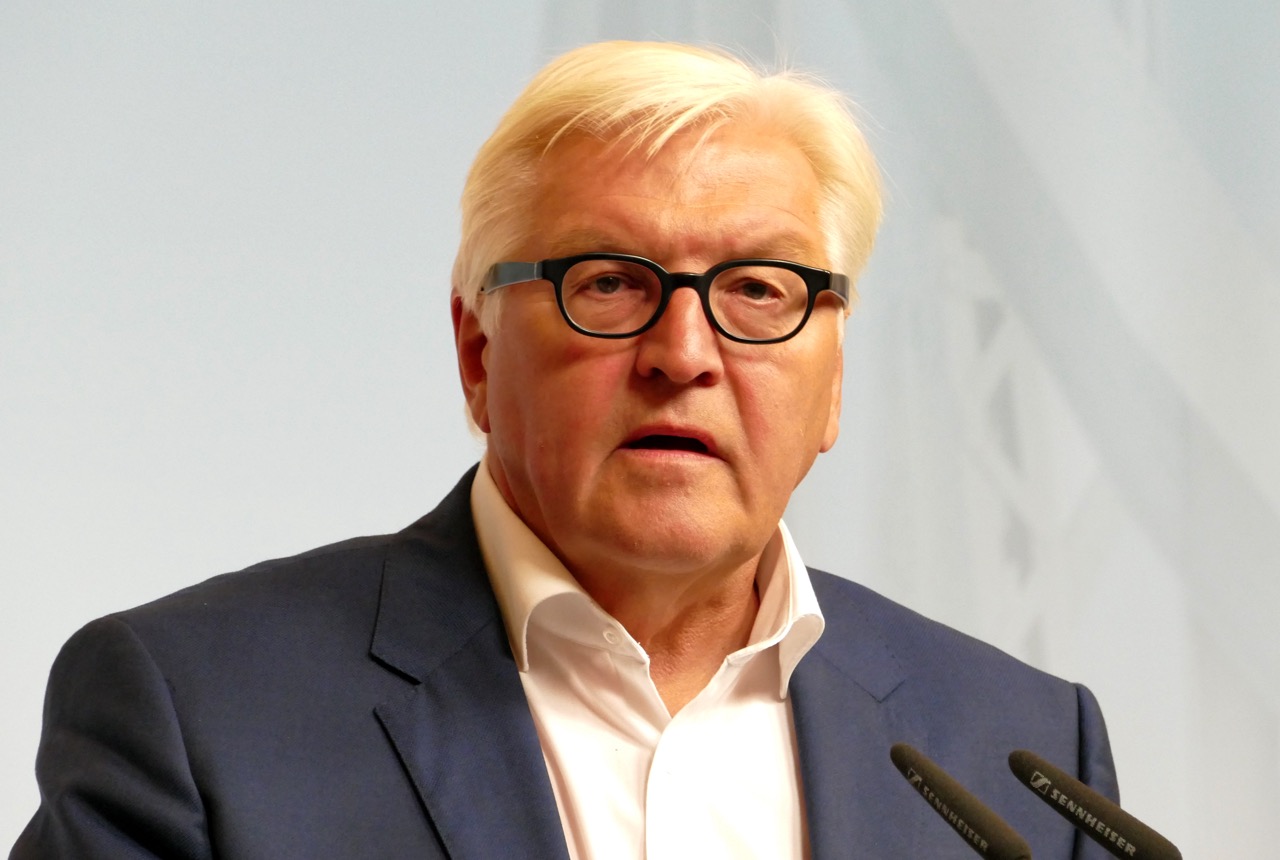Is there a secret to longevity? This health expert says 1,000% yes
In the era of social media, post-COVID, and with mental health at the forefront, a shift is taking […]

President Frank-Walter Steinmeier’s recent visit to Tanzania held profound significance in acknowledging Germany’s colonial history and addressing the devastating atrocities committed during its rule in the region. Steinmeier expressed deep regret and offered an apology for the painful and tragic events that took place during Germany’s colonial presence in Tanzania. His visit to the Maji Maji Museum in Songea marked a crucial moment where he spoke candidly, seeking forgiveness: “I would like to ask for forgiveness for what Germans did to your ancestors here”.
The historical context of Tanzania, once a part of German East Africa, was marred by the brutal Maji Maji Rebellion of 1905-1907. The rebellion witnessed the mass slaughter of an estimated 200,000 to 300,000 indigenous people, primarily due to the deliberate destruction of fields and villages by German forces. This dark chapter, characterized by immense suffering and loss of life, remains a tragic part of the shared history between Tanzania and Germany.
Steinmeier stated the need to recognize and disseminate this shared history, promising to carry the stories back to Germany to raise awareness among its populace. He pledged Germany’s readiness to collaborate with Tanzania in a joint examination and acknowledgment of this shared past, striving towards understanding and reconciling the historical wounds.
The apology from Steinmeier was met with appreciation by John Mbano, a descendant of Chief Songea Mbano, who was a casualty of the Maji Maji Rebellion. Mbano welcomed the President’s words, expressing hope that this acknowledgment would mark the end of longstanding pain and indicate a positive and cooperative relationship between Tanzania and Germany.
The President’s visit to Tanzania coincides with an ongoing global dialogue on the colonial era. Germany has taken significant steps in recent years to confront its colonial past. This includes addressing the mass killings in Namibia, acknowledging them as the first genocide of the 20th century, and committing to financial support for descendants of the victims. Efforts have also been made to repatriate cultural artifacts looted during the colonial period, as seen in the return of items such as the Benin Bronzes to Nigeria.

In the era of social media, post-COVID, and with mental health at the forefront, a shift is taking […]

With its fast speeds and revolutionary potential, 5G stands out as a noteworthy milestone in the field of […]